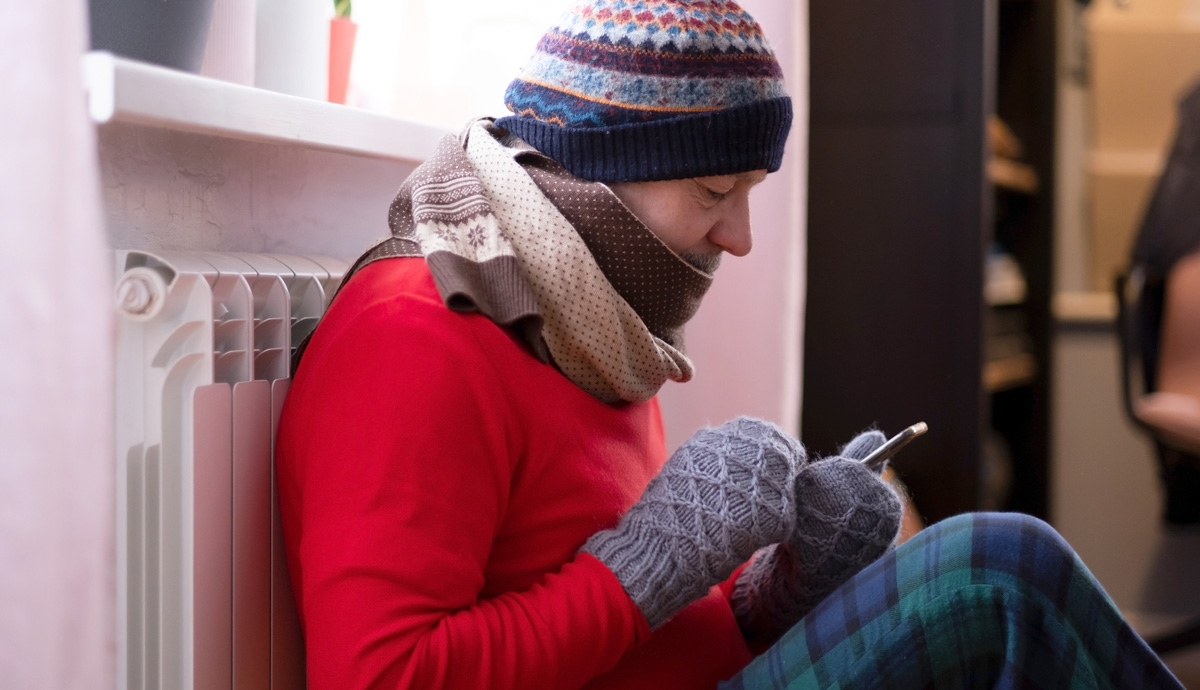What to Do If You Can’t Pay Your Electricity Bill
Get a step-by-step plan to get the lights back on

Are hard times keeping you from paying your electricity bill? You’re not the only one, especially now that energy bills are rising.
At AARP Foundation, we’ve been helping people get back on track for more than 60 years. If your utility company has notified you they’re turning off your power, we want you to know there are things you can do to get the lights back on.
1. Contact Your Utility Company
Your first call should be to your electricity provider. It may surprise you to learn that many have programs that may help. You may be able to sign up for a payment plan that spreads what you owe across several months, for example, and have your power turned back on right away.
Your provider may also offer payment plans, where you pay a set amount based on the average amount of energy you use. So instead of your bill going up during hot or cold weather, it stays the same each month. This helps it fit more easily into your monthly budget.
2. Contact Local Nonprofits
Many charitable and religious organizations have funds set aside to help people in their community get back on their feet. A local chapter of the Salvation Army, Catholic Charities, Lutheran Social Ministry, Vincent de Paul Society, or Jewish Federation of North America may be able to help you pay your bill.
You can also contact churches and synagogues in your area about their emergency aid services. If your utility company is asking for a deposit to turn the electricity back on, these organizations may be your best bet for getting the funds you need quickly.
3. Look for Assistance
The Low Income Home Energy Assistance Program (LIHEAP) assists people with a modest income manage their energy costs. In addition to offering help paying for your home energy bills, the program offers priority assistance for households without — or in danger of being without — heating or cooling. To get started, use this tool to find the agency managing the program in your state. You can also call 211, which is a free and confidential service that connects people with assistance programs in their local communities.
Find Other Resources to Ease Your Budget
There are thousands of programs available that help pay for home heating and cooling, healthcare, prescriptions, food, and other expenses. Enter your information to find available resources in your area.
